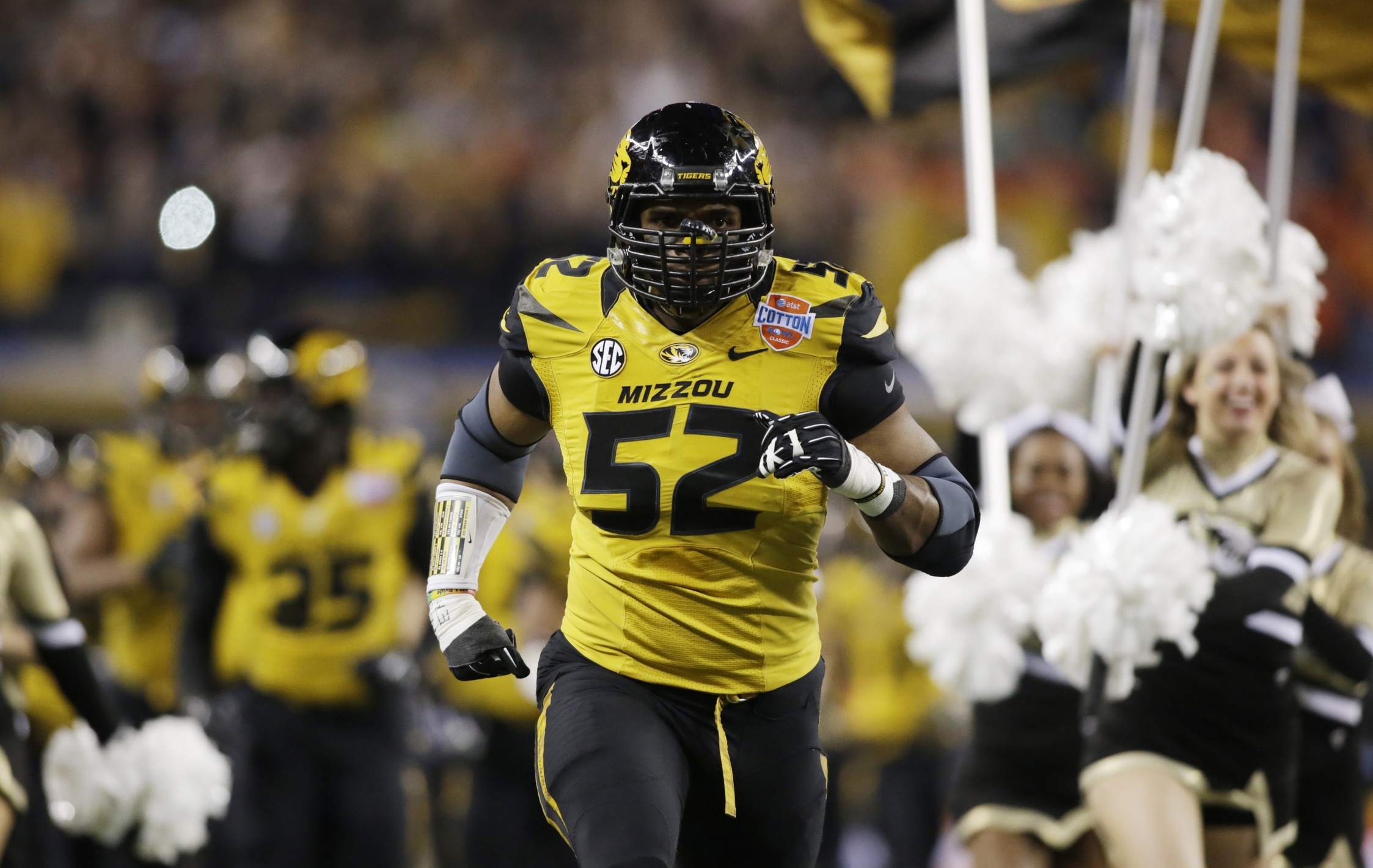The following op-ed was submitted by sports agent Eugene T. Lee. Mr. Lee is President/CEO – ETL Associates, Inc. and may found on Twitter – @EugeneTLee.
The sport of professional football is the most violent and physical of all four major sports in North America. The gridiron can be likened to a real life coliseum with the players themselves filling the roles of modern-day gladiators. Given the warrior mentality and testosterone-fueled culture that permeates the NFL, SEC defensive player of the year Michael Sam should be applauded for the courage it took to openly reveal his sexual orientation as he is about to embark upon his professional football career.
As a pioneer in the sport of professional football, Michael Sam should be lauded for potentially sacrificing his own monetary gain to take a stand and open the door for other gay players to play in the NFL without having to hide behind a curtain of deceit. Sam’s announcement is all the more commendable because it will likely have some type of effect on his ultimate draft status.

Although media coverage of Sam’s announcement has been nothing short of remarkable (Sam was featured on this week’s cover of Sports Illustrated) and abundant endorsement and sponsorship opportunities await as Sam steps into his role as a champion and ambassador of gay rights, the real uphill battle is about to begin.
NFL team and league officials and NFLPA executives and player representatives alike will assuredly take the stance that Michael Sam’s sexual orientation should not affect his draft status whatsoever, and if this were a perfect world, it wouldn’t, however, the reality is that the effect – both real and perceived – on team chemistry in the locker room for a trailblazer like Sam cannot and will not be ignored by NFL decision makers.
The overriding goal of any general manager is to better his team through the NFL Draft. In addition to the skill set and overall athletic ability of a drafted player, that player’s effect on team chemistry is almost always taken into account – especially in mid to late round players.
A recent illustration can be found in the circumstances involving Manti Te’o in the months preceding the 2013 NFL Draft. His slide to the second round last year (as the result of the catfishing scandal) was real life proof that a subjective analysis of a player’s perceived impact on team chemistry will almost always be taken into account on draft day.
NFL general managers will undoubtedly take a long, hard look at Sam’s effect on team chemistry and the reaction of veterans in the locker room when they are faced with not only an openly gay teammate, but also the inevitable media firestorm that will follow Sam wherever he lands (at least for his rookie season.)
If Michael Sam and another player are graded equally on a team’s draft board, it will be extremely difficult for a general manager to pull the trigger and draft Sam when a “safer” pick is there for the taking – especially with the win now mentality of the NFL.
It will take a general manager with the same type of courage as Sam to take a stand and draft Sam solely on his merits as a player – knowing full well that there are fundamental principles of humanity that trump wins and losses in today’s society – tolerance, respect and equality being three of the more relevant ones.
My hope is that courage runs deep in the NFL. Only time will tell.
